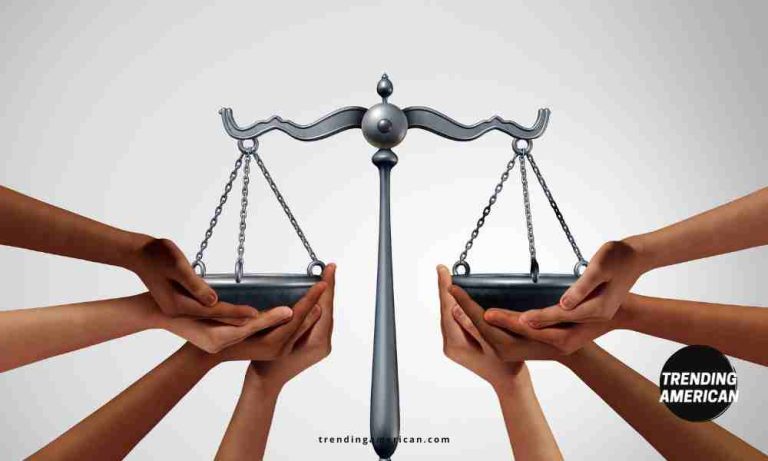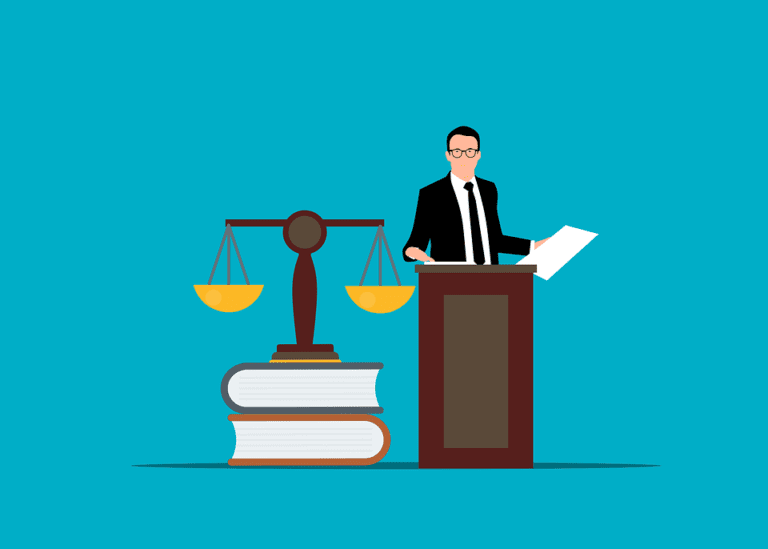Personal Injury Law: What Kinds of “Injuries” Does It Include?
Personal injury law covers a broad spectrum of injuries resulting from various incidents where an individual suffers harm due to the negligence, recklessness, or intentional actions of another party.
These injuries encompass physical, emotional, and psychological harm, and can arise from diverse situations. Read below as we further discuss these different kinds of injuries.
Physical Injuries
Personal injury law encompasses a wide array of physical injuries stemming from various incidents where negligence or wrongdoing causes harm to an individual. These injuries span a spectrum, ranging from minor to severe:
Minor injuries often include cuts, bruises, sprains, and minor fractures that, while not life-threatening, can still cause pain and discomfort. Conversely, severe injuries covered under personal injury law encompass more catastrophic conditions. Examples include spinal cord injuries, traumatic brain injuries (TBI), amputations, severe burns, and internal organ damage. These severe injuries can result in long-term disabilities, chronic pain, and substantial life-altering consequences for the victim.
Incidents such as car collisions, slips, and falls, workplace accidents, medical malpractice, or defective products often lead to these injuries. Car accidents, for instance, can cause a range of injuries, from whiplash and broken bones to more severe outcomes like spinal cord injuries or traumatic brain injuries.
In personal injury claims, seeking compensation for medical expenses, pain and suffering, lost wages, and other damages resulting from these injuries aims to aid the injured party in recovery, cover ongoing medical costs, and address the long-term impact of the injuries on their life and well-being. Expert personal injury attorneys help navigate these claims, striving to secure fair compensation for victims of such injuries.
Emotional and Psychological Injuries
Personal injury law recognizes and addresses the non-physical injuries that individuals may suffer due to traumatic events. Mental anguish, emotional distress, anxiety, depression, and post-traumatic stress disorder (PTSD) are among the psychological injuries covered by personal injury claims. These injuries often result from various incidents, such as accidents, assaults, defamation, or other situations where an individual experiences severe emotional distress due to another party’s actions.
Accidents causing severe injuries, witnessing traumatic events, or being a victim of intentional harm can lead to emotional and psychological trauma. This trauma might manifest as anxiety, fear, sleep disturbances, nightmares, mood swings, or the inability to engage in regular activities.
In legal terms, compensation for these psychological injuries falls under pain and suffering, seeking restitution for the emotional distress endured. Personal injury lawyers assist in substantiating these non-physical injuries, often involving expert testimony or medical evidence to demonstrate the impact of the trauma on the individual’s mental health.
The aim of seeking compensation for these psychological injuries is to acknowledge and alleviate the emotional toll on the injured party, providing resources for therapy, counseling, and support to aid in their recovery and help them regain a sense of normalcy after experiencing significant emotional trauma.
Financial Losses
Personal injury law comprehensively addresses the financial ramifications resulting from an injury. When an individual sustains harm due to someone else’s negligence, personal injury law allows for seeking compensation to cover various financial losses incurred as a direct result of the injury.
Medical expenses constitute a significant component of these losses, encompassing hospital bills, surgeries, rehabilitation, medication, therapy, and any other necessary medical treatments. Personal injury claims aim to recover these costs to alleviate the financial burden on the injured party.
Moreover, lost wages due to the inability to work during recovery or permanently diminished earning capacity are factored into these claims. This compensation seeks to cover both past and future lost income resulting from the injury.
Property damage, if relevant to the incident causing the injury (such as damage to a vehicle in a car accident), is also included. It entails compensation for repair or replacement costs for the damaged property.
Additionally, miscellaneous expenses directly related to the injury, such as transportation for medical appointments, assistive devices, home modifications, and other relevant costs, may be part of the compensation sought through a personal injury claim. Experienced personal injury attorneys assist in calculating these losses and advocating for fair compensation to mitigate the financial hardships caused by the injury.
Wrongful Death
In cases where someone’s negligence or intentional actions result in a person’s death, personal injury law extends to compensate the deceased person’s family. This compensation encompasses various aspects, including covering funeral expenses and providing financial support to the surviving family members who depended on the deceased for income or support.
It’s crucial to find a legal expert who specializes in the local laws. Say, for example, a personal injury lawyer in Conroe can specialize in handling such cases within Texas. They can easily guide families through the legal process, seek justice, and get fair compensation for their loss.
These attorneys assist in assessing the impact of the loss on the family’s financial stability, emotional well-being, and prospects, aiming to secure adequate compensation through negotiations or court proceedings.
Their expertise helps families navigate the complexities of wrongful death claims, striving to ensure that responsible parties are held accountable while providing support and advocacy for the affected families during a challenging time.
What is Personal Injury Law?
Personal injury cases involve seeking compensation, often through settlements or court judgments, to cover medical costs, lost income, pain and suffering, emotional distress, and other damages incurred by the injured party due to someone else’s actions or negligence. An experienced personal injury attorney helps navigate these cases, aiming to ensure fair compensation for the injured party’s losses and suffering.







